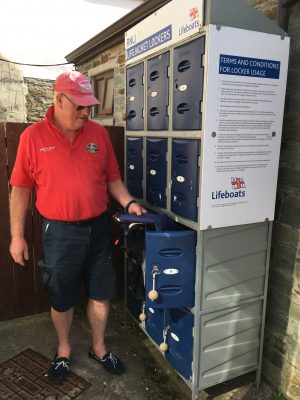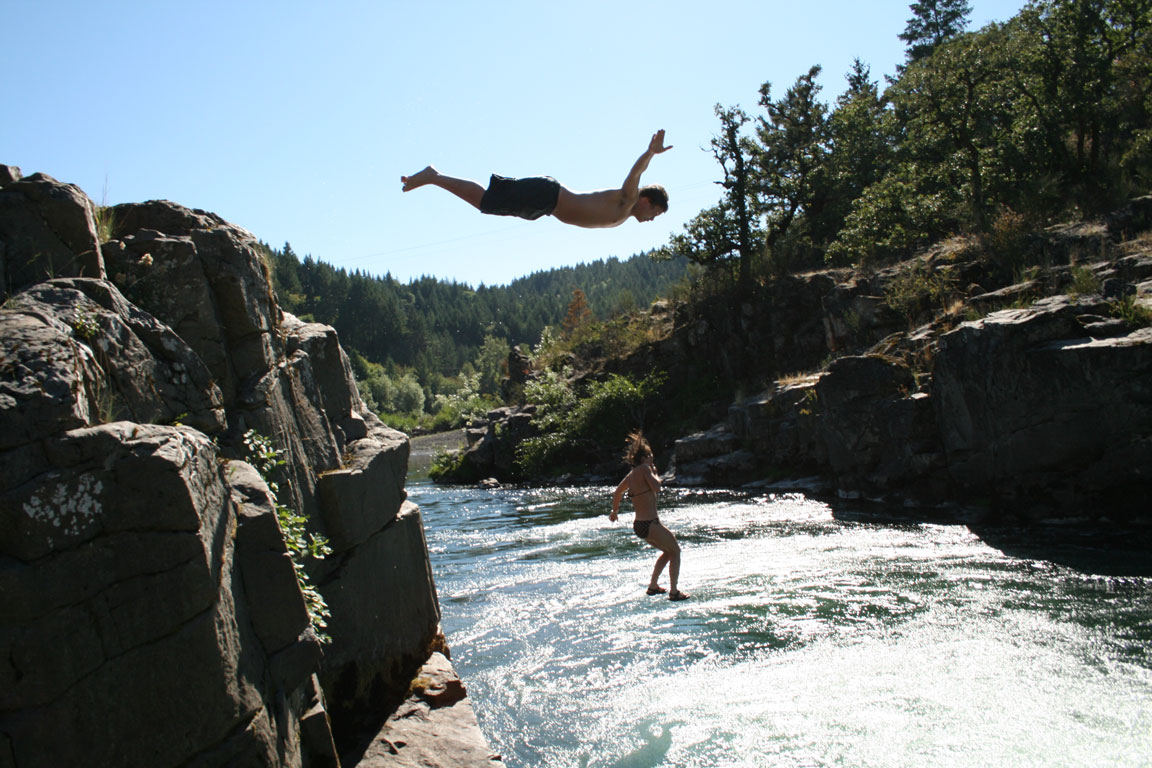A trial by the RNLI to encourage more people to use lifejackets when they go out on their tenders is now being expanding over the summer
A trail by the RNLI to encourage tender owners to use a lifejacket is now expanding over the summer.
Lifejacket lockers were introduced at three locations across the south west in 2014.
It came after RNLI research showed that boat users are often put off from wearing their lifejacket aboard their tender because of the ‘hassle factor’ of having nowhere secure to store them once ashore.
Lockers were initially installed at Salcombe and the River Yealm in Devon and at three locations around Fowey harbour in Cornwall.
Now more will be rolled out at new locations in the south west over the summer.
Potential sites include Mevagissey and Kingsand in Cornwall, Swanage in south east Dorest, Bucklers Hard on the Beaulieu River in the New Forest and Braye Harbour on Alderney in the Channel Islands.
The RNLI supply the lockers to harbours and locations free of charge providing they meet the criteria, along with signage.
It’s hoped the scheme, aimed at visiting sailors and motor cruisers coming ashore in tenders, will help curb preventable accidents between moored vessels and the shore.
Continues below…
Boat Fire Safety Week: staying safe on board
Although the number of boat fires is relatively rare in the UK, the fire brigade says they quite often have…
Boaters reminded to report unusual or suspicious activity
With the boating season well and truly underway, agencies behind Project Kraken are asking sailors to be their eyes and…
RNLI issues ‘tombstoning’ warning after man is seriously injured
The RNLI and Bridgend Council have issued a warning about 'tombstoning' - jumping into water from a height - after…
Stay away from Seaford! Coastguard warning after third cliff fall
The public are being warned to keep away from the unstable cliffs at Seaford in East Sussex after three separate…
Jon Oxenham from the RNLI’s Community Safety team is leading the trial.
He said: “It’s not only important to wear a lifejacket whilst on your boat, but also while in your tender and going to and from your vessel. We know that lifejackets can be bulky to carry around once on land and that’s why we provide these lockers.”
“It’s really positive to know that more boat users are taking the RNLI’s advice and not removing their lifejackets before they reach the shore. It will help towards the charity’s goal of ending preventable loss of life at sea,” added Oxenham.
RNLI research has shown that boat users can often be put off wearing their lifejacket aboard their tender because of the ‘hassle factor’ of having nowhere secure to store them once ashore.
For more information on lifejacket lockers, and tips for staying safe on or near the water, visit www.rnli.org/boating.







